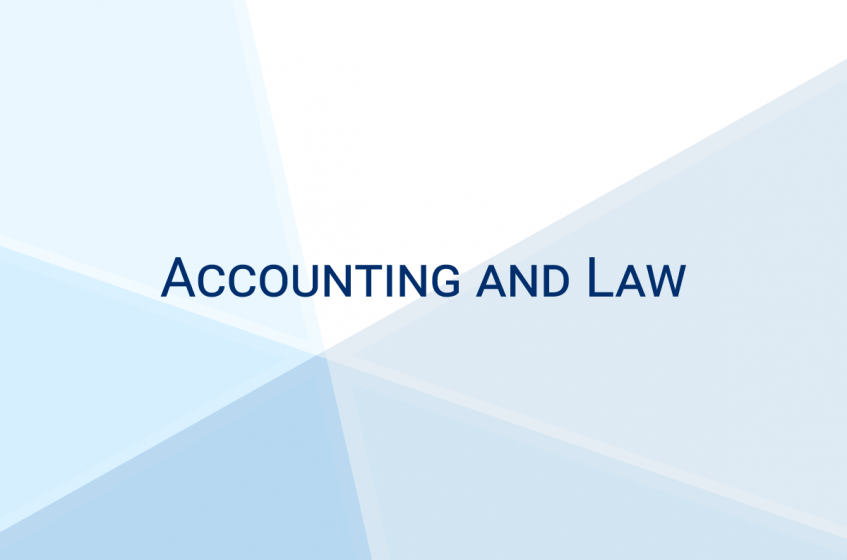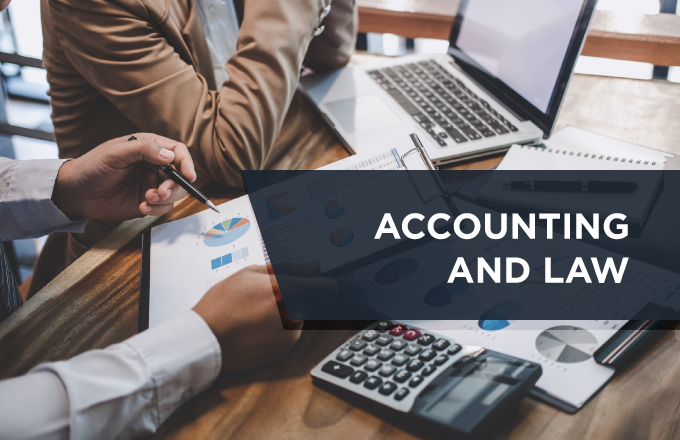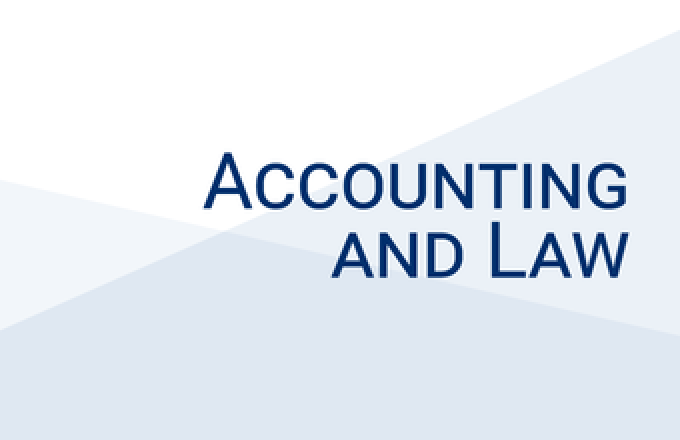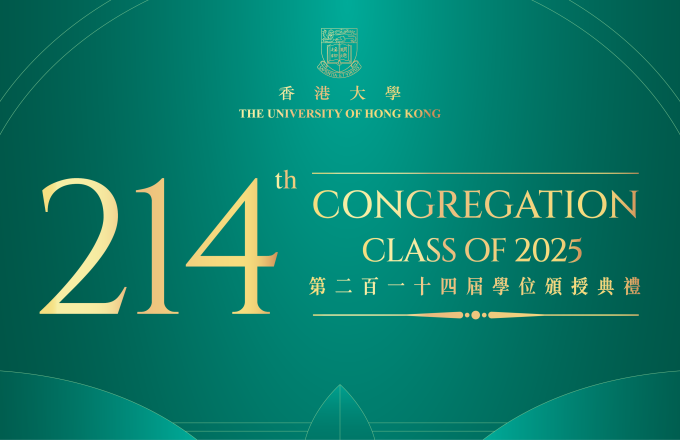
“Audit Firm Internal Governance, Auditor Behavior, and Financial Reporting Quality” by Dr. Daniel Aobdia
Associate Professor of Accounting Information & Management
Kellogg School of Management
Northwestern University
Using proprietary PCAOB data on audit firms’ internal inspection programs, we study the effect of audit firm internal governance on auditor behavior and financial reporting quality. Internal inspection programs are an important quality control mechanism within large audit firms. We find that internal inspections are often predictable. Engagement partners predict not only when they will be inspected, but also which of their engagements will be inspected. The engagement team takes advantage of this predictability and concentrates effort on the audit that ultimately is selected for an internal inspection. We further find that the engagement team changes audit effort in response to the inspection outcome. If the outcome is favorable, the team reverts audit effort back to the pre-inspection level. However, if the outcome is unfavorable, the team increases effort on future engagements of the client for multiple years. The higher effort in preparation for an internal inspection and in response to an unfavorable outcome improves the client’s financial reporting quality only if the internal inspection program is considered effective by the PCAOB. These results suggest that higher effort under ineffective internal inspection programs likely involves excessive documentation and reflects lower audit efficiency. Collectively, our evidence highlights the importance of an effective internal inspection program in shaping financial reporting quality.










